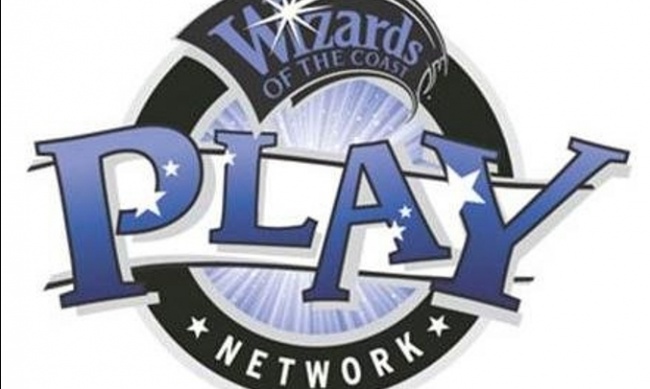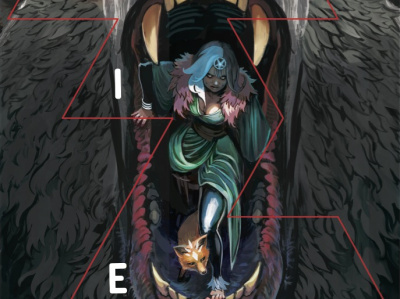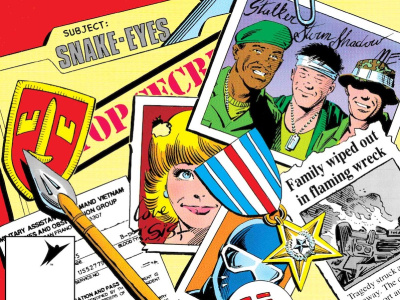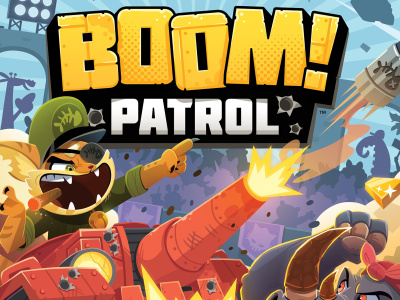Wizards of the Coast has clarified its position on Magic: The Gathering “proxy cards” and in-store play, after a retailer was told that their use was not allowed at “WPN-Sanctioned Venues.” In a statement by Wizards of the Coast Senior Director of Global Brand Strategy and Marketing Elaine Chase, the company said it was continuing its policy of disallowing proxies in officially sanctioned events but allowing stores, including those that hold DCI-sanctioned events, to hold unofficial events that allow proxies.
The series of events began with a contact between WotC and the game store Games and Stuff in Glen Burnie, Maryland. WotC’s attention was attracted by a “suspiciously large prize pool” and the fact that the event allowed proxy cards, according to Chase’s post.
A WotC representative called the store and followed up with an email, which Games & Stuff posted on Facebook. “Magic events (sanctioned and unsanctioned) can only allow genuine Magic: The Gathering cards,” the pertinent section said. Turns out that is not official WotC policy, but “…different reps in different offices around the world” were “sending different messages, making the confusion even worse,” Chase wrote. “And that’s completely our fault.”
The use of proxy cards – cards that are written on to indicate they are another card, typically rare or hard to acquire, is widespread in numerous card games, and typically not allowed in official play. In Magic: The Gathering organized play programs, only two kinds of proxies are allowed: the official proxies that allow for double-sided "flip" cards to be played (introduced in Innistrad and reprinted most recently in Magic Origins), or temporary proxies issued by a judge to replace a card that is somehow damaged during tournament play.
Both the initial communication with Games and Stuff and Chase’s post focused considerable emphasis on counterfeit Magic cards, which the email to Games and Stuff defined as “copies or reproductions of actual Wizards trading cards, whether or not they are identified as non-genuine.” Chase’s post identified “playtest” cards that are permissible in non-sanctioned events as those that “aren’t trying to be reproductions of real Magic cards; they don’t have official art and they wouldn’t pass even as the real thing under the most cursory glance.” Those two definitions seem to have some space between them; Chase’s post is the official position.
“Wizards of the Coast has no desire to police playtest cards made for personal, non-commercial use, even if that usage takes place in a store,” Chase wrote.
Chase made a point of distinguishing that position from the company’s position on counterfeits: “[W]e reiterate in the strongest terms possible that any individual or retailer who knowingly deals in counterfeits works against the best interests of the community. Wizards has eliminated and will continue to eliminate from the DCI and WPN anyone who knowingly distributes counterfeit cards.”
We asked whether a person who makes their own art Proxy Mox Opal out of a Swamp cross the line if they sell that card (presuming that it is clear that the card is not an official, real card), and Chase responded, “Yes, that’s commercial use and we do not condone that.”
This is the second time in a few days that Wizards has issued statements clarifying enforcement issues regarding Magic: The Gathering organized play; ICv2 reported recently on the lifting of the suspensions of several Magic judges in a leaking controversy (see "Wizards Suspends, Reinstates ‘Magic’ Judges").








